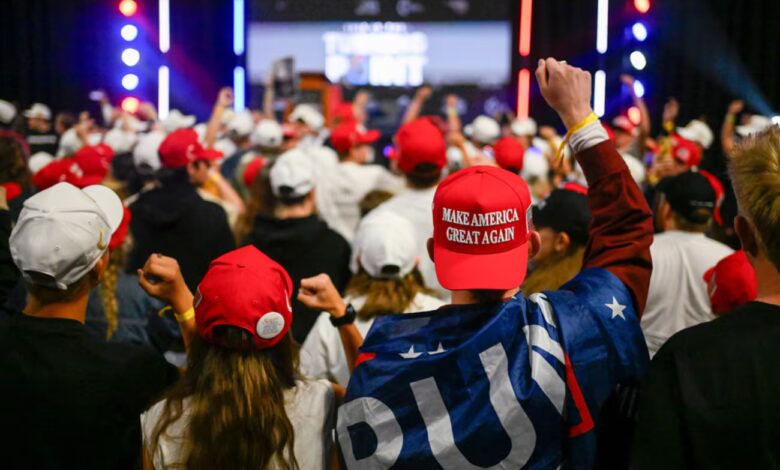nht Culture Clash Hits the Gridiron: Turning Point USA Announces ‘All-American Halftime Show’ to Counter Bad Bunny
Culture Clash Hits the Gridiron: Turning Point USA Announces ‘All-American Halftime Show’ to Counter Bad Bunny
WASHINGTON D.C. — The escalating cultural war surrounding the Super Bowl Halftime Show has reached a fever pitch. In a direct response to the NFL’s selection of Puerto Rican megastar Bad Bunny as the headline performer for Super Bowl LX, conservative organization Turning Point USA (TPUSA) has announced it will produce its own counter-programming: “The All-American Halftime Show.”
The move marks a bold step in the politicization of one of America’s most-watched annual events, offering viewers an alternative spectacle explicitly designed to celebrate “faith, family, and freedom.”
A Reaction to Cultural Backlash
TPUSA’s announcement comes after weeks of vocal conservative outrage over Bad Bunny’s selection. Critics have pointed to the artist’s primarily Spanish-language lyrics, his past criticism of U.S. political figures, and his perceived lack of “all-American” appeal as reasons he should not headline the Super Bowl. The controversy was further fueled by Bad Bunny’s recent on-air joke that American fans had “four months to learn Spanish” if they wanted to understand his lyrics.
“It’s true, Turning Point USA is thrilled to announce The All American Halftime Show,” the organization posted on X, confirming rumors of the alternative event.
In a clear dig at the official headliner, TPUSA launched a survey on its event website asking supporters to select their preferred music genres. One of the options listed prominently: “Anything in English.”
Defining “All-American” in Entertainment
While details regarding performers, venue, and broadcast method remain scarce, the intent behind “The All-American Halftime Show” is transparent: to provide a culturally conservative alternative to the NFL’s increasingly global and diverse programming.
The backlash highlights a growing rift in American pop culture, where traditionalists feel the nation’s largest platforms are moving away from what they view as core American values. The NFL, in contrast, has defended its choice, embracing Bad Bunny’s global popularity as part of its strategy to expand the sport’s international appeal.
For now, the battle lines are drawn not just on the football field, but across the culture landscape. As the Super Bowl countdown continues, viewers will be presented with two radically different visions of what the ultimate American celebration should look like: a global, bilingual spectacle, or a concert focused squarely on “All-American” ideals.



